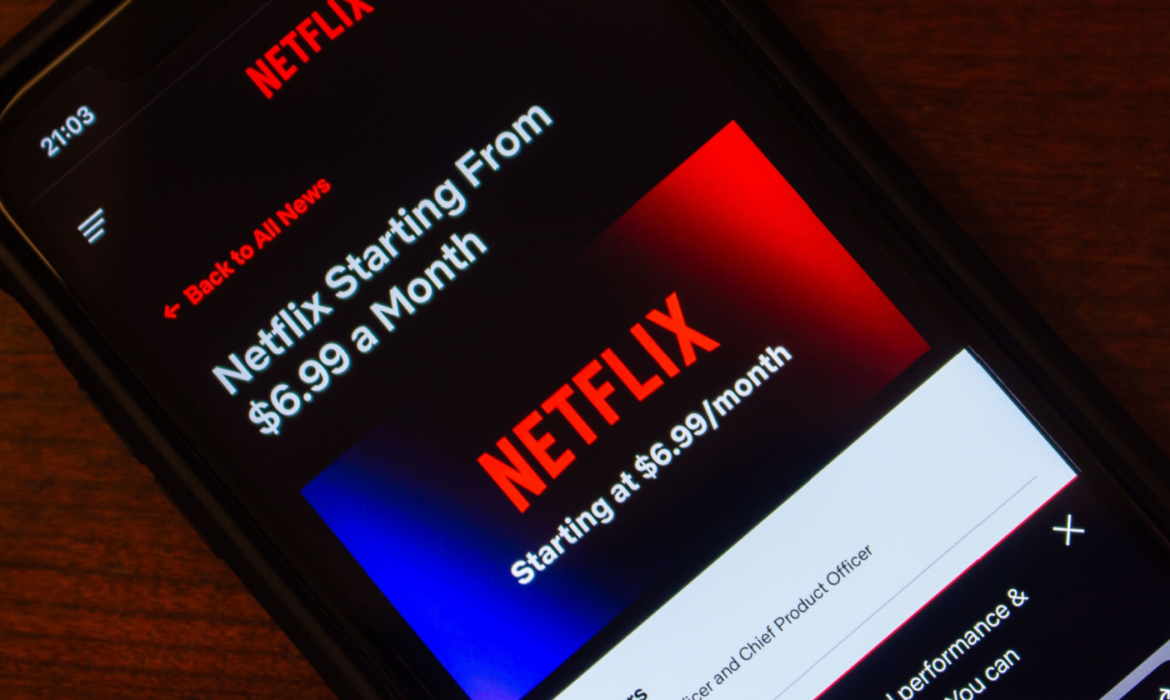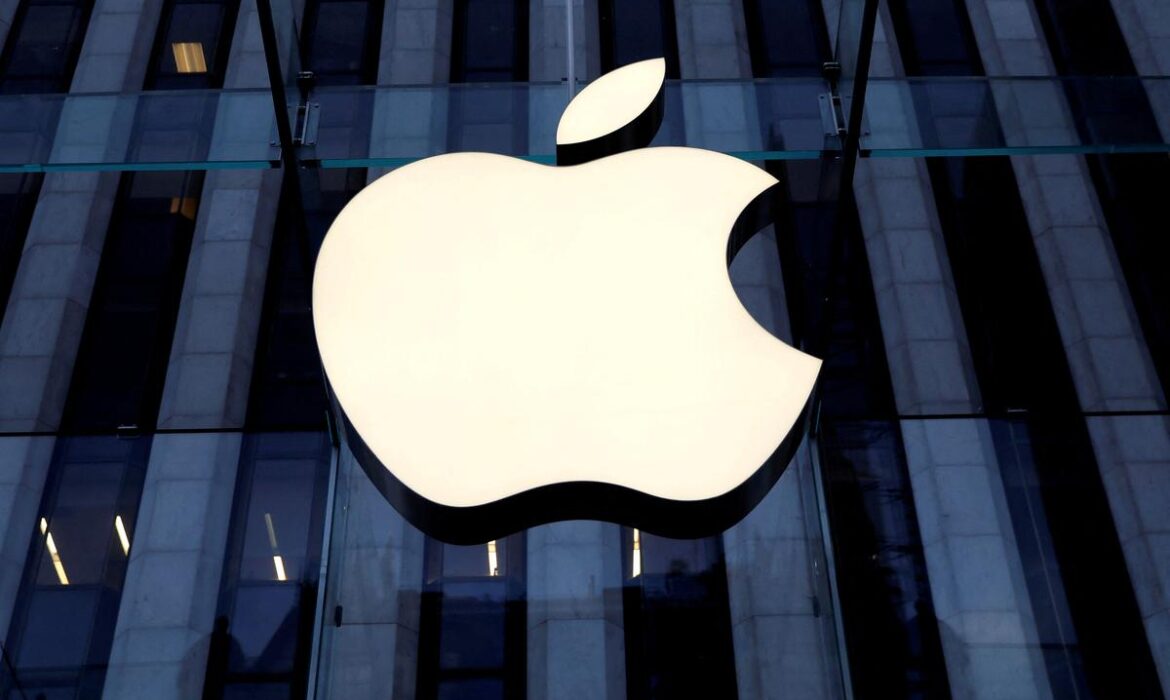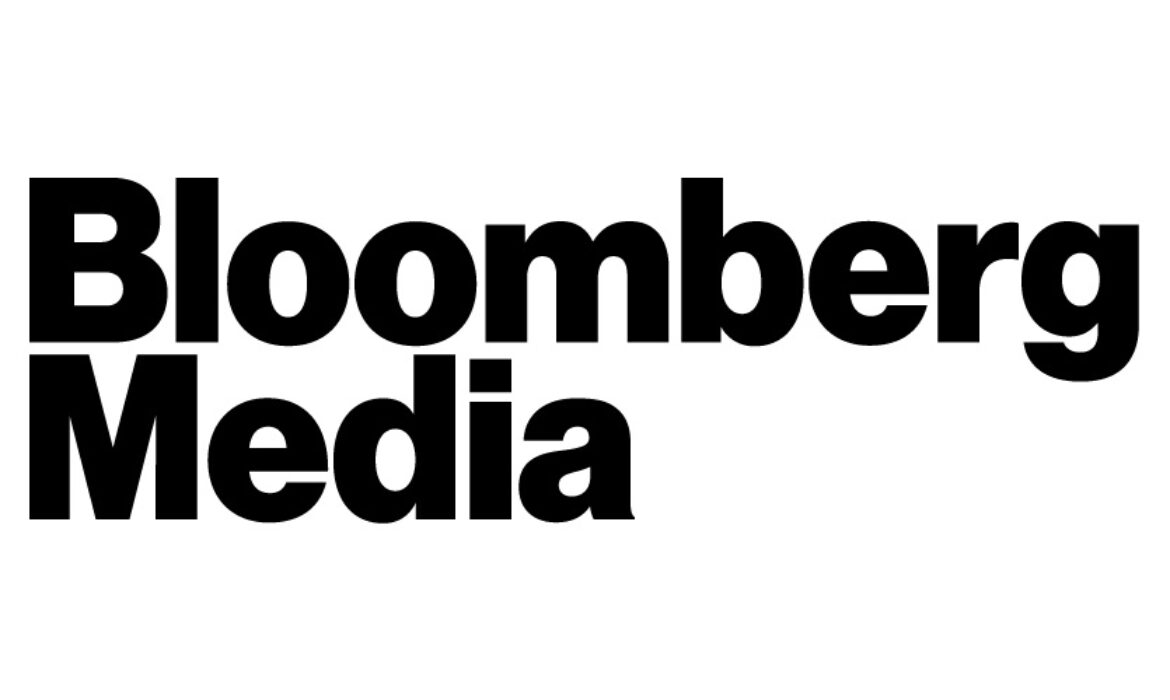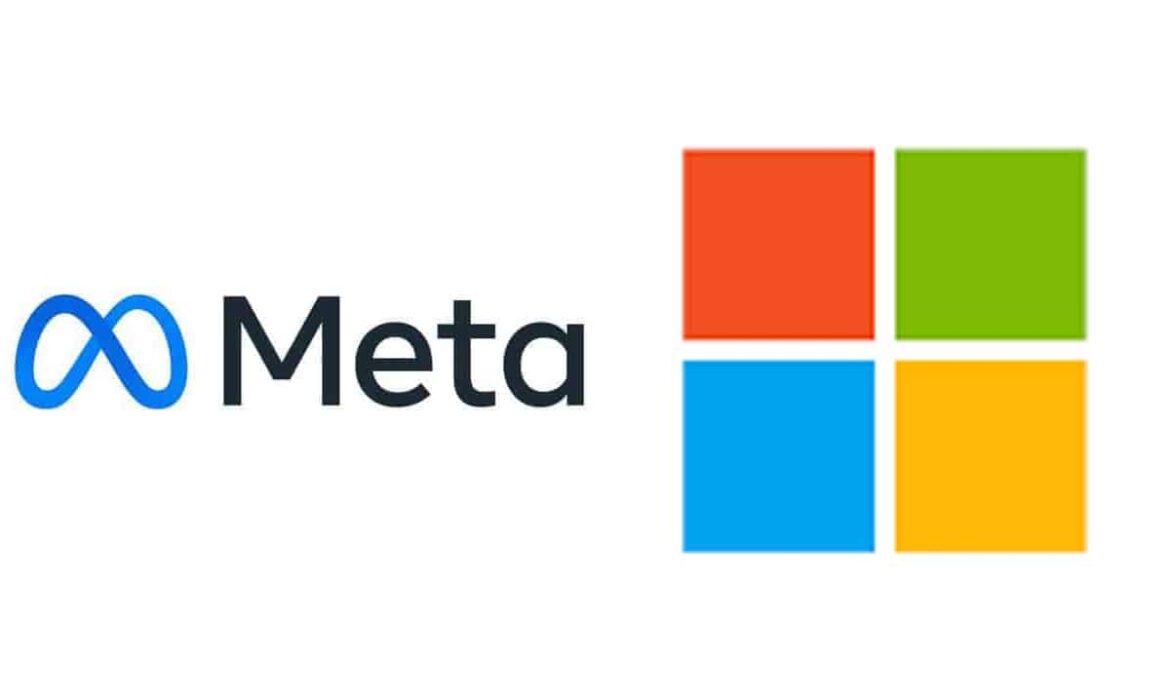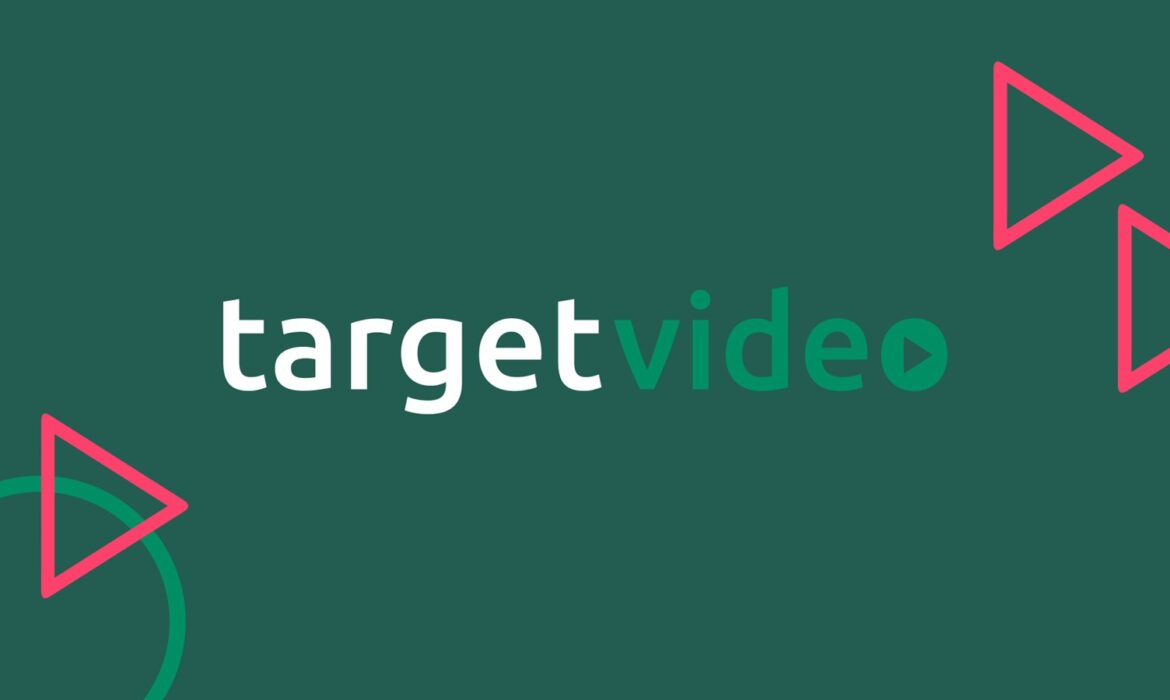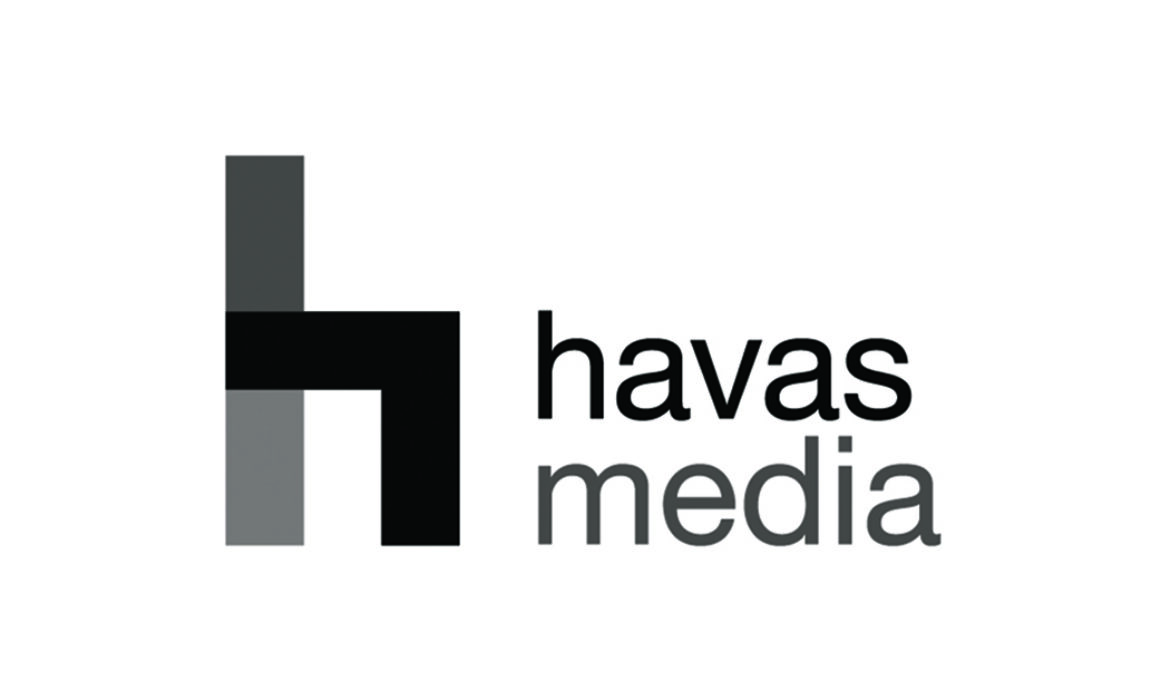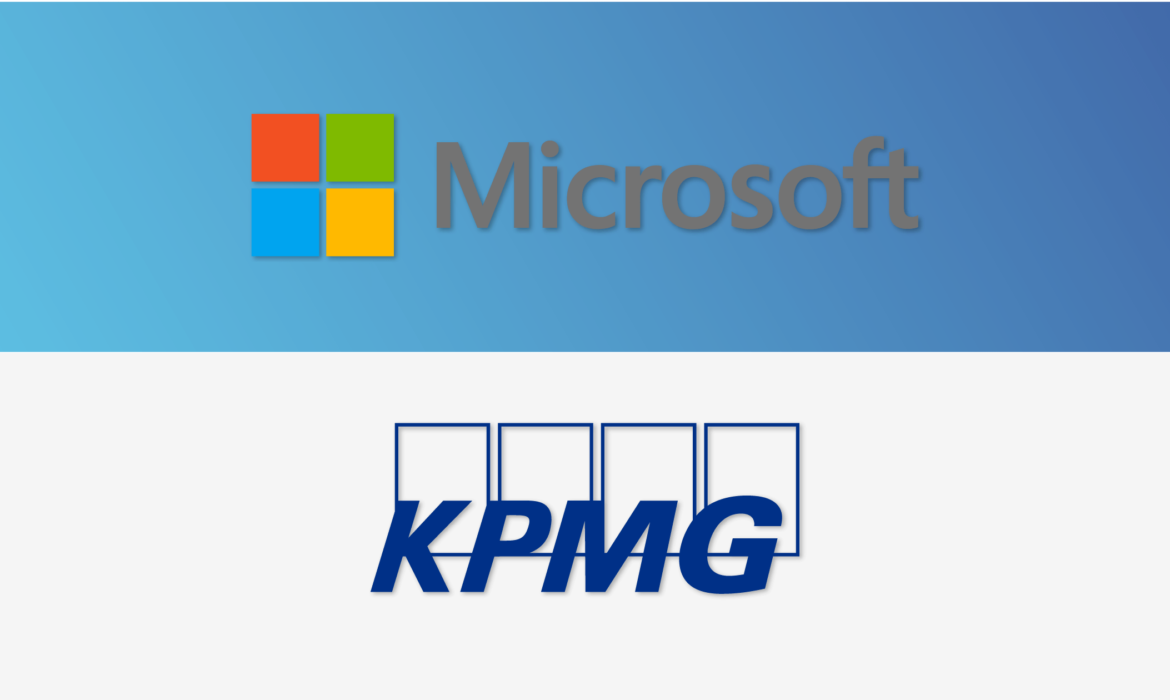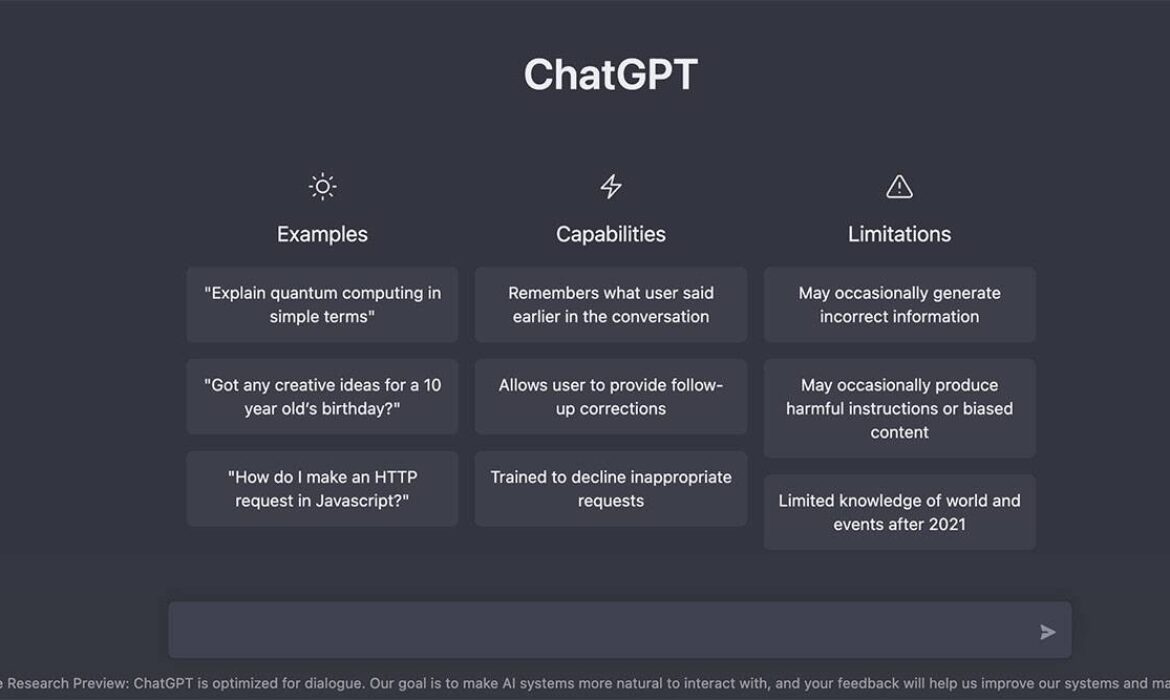Netflix Removes Password Sharing, What’s It Say For Subscribers?
Following several months of deadlock, Netflix has finally announced the addition of 5.8 million new subscribers in the second quarter. The streaming service now boasts 1.17 million paying members in the US alone, out of a total of 238.4 million users worldwide. These updates came after Netflix launched its paid account sharing program in more than 100 nations. Users must validate their home devices on a monthly basis, according to the terms, which prompt sharers to create their own accounts. According to their forecast, over the course of the next three months, this clampdown on password sharing will increase member numbers to 3.43 million.
The number of subscribers continue to rise despite oppositions from users worldwide. According to Netflix’s Q2 shareholder report, the cancel reaction was less than anticipated. Early on in the monetization process, there were a number of homes that switched from using borrowed Netflix accounts to paying subscriptions. Additionally, they mentioned that they were pleased with their premium membership revenues now as opposed to before the start of the paid sharing service.
What is Paid-Sharing?
In the US and many other nations, Netflix has started offering paid sharing. For an extra $7.99 per month, the primary user of the account can add a person from outside their home or move their profile to a new account. Netflix’s financial picture has improved with the introduction of the paid sharing effort, and they anticipate considerable revenue growth over the next two quarters.
In the beginning, Netflix had anticipated a cancellation response to the deployment in the U.S., forcing them to delay the debut date in order to take use of market learnings. However, they discovered via the first quarter’s earnings that the password restriction would ultimately result in higher acquisition and revenue.
Netflix Bids Adieu to Basic
In place of their $7.99 Basic plan, Netflix replaced it with an ad-supported subscription plan that costs $6.99. They now have services for $15.99 a month that let you experience content without ads. In order to lure viewers to Netflix’s advertising tier, this groundbreaking service was only offered in 12 markets, which included customers in the U.S. and the UK. Due to reduced costs, this service is currently unavailable in India, Indonesia, Croatia, and Kenya.
What can users expect from Netflix now that this effort has been launched? Here are some of the queries that users might have:
Why has Netflix Cracked Down on Password Sharing?
Because Netflix CEO Reed Hastings was certain that those who shared passwords would eventually get their own accounts, Netflix never worried about password sharing. However, this was due to Netflix’s phenomenal subscriber growth up until quite a while ago. However, that growth was halted, and the company attributed the decline in subscriber numbers to password sharing.
Over the past ten years, the streaming industry has seen significant disruption. Streaming services like Disney+, HBO Max, Apple TV+, and Peacock compete with Netflix today. They will no longer ignore password sharers in light of this circumstance and the competition for fresh subscribers. Additionally, there are indications that their restriction on password sharing is having a positive impact.
Can you share your Netflix Account?
Netflix Help Center states, only family members of a single household can share a Netflix account . While on the road or between their residences, they may access the same account. To add another person who does not live in the user’s household, however, will incur additional costs. Netflix intends to employ a combination of IP addresses, device IDs, and account usage data from user devices to ascertain who logged into the account. The account holder will also need to provide a four-digit verification code.
How will the password Crackdown work?
User authentication and the possibility for account holders to transfer borrowers will be essential to the password crackdown. According to Netflix’s third quarter 2022 report, “After listening to consumer feedback, we are going to offer the ability for borrowers to transfer their Netflix profile to their own account, and for sharers to manage their devices more easily and to create extra-member accounts, if they want to pay for family or friends.”
For more information, you can read here.
The Netflix clampdown on password sharing will continue for a long time, despite some customers’ frustrations. With this move, Netflix will solidify its position as a streaming powerhouse in the ever-evolving entertainment landscape.
Read More: Netflix Is Back In Game With New Ad Plans and Subscriber Growth
Apple Tests Generative AI, A Potential Rival To ChatGPT Emerges
Apple is ready to take a big leap into generative AI. The iPhone developer is working to offer artificial intelligence similar to OpenAI’s ChatGPT and Google BARD. The tech giant has designed their own framework named “AJAX”, for creating large language models (LLMs). They are testing their own proprietary chatbot, which some engineers are dubbing as “AppleGPT”. According to Bloomberg’s report, Apple’s shares have surged to a record high of 2%. The company is yet to strategize a clear roadmap to make the innovation accessible to consumers.
Apple is testing "Apple GPT" and developing generative AI tools to catch OpenAI https://t.co/03PiW3707T
— Bloomberg (@business) July 20, 2023
More about “AJAX”
According to Bloomberg, the Ajax framework, which runs on Google Cloud, utilizes Google’s machine learning model, Google JAX. Apple is using Ajax to build LLMs as the basis for their own ChatGPT-like application. A small team of engineers developed the chatbot program the year before as an experiment. Apple, however, has suspended the implementation of generative AI in its products and services due to safety concerns. Despite this, the model has been made available to its staff, albeit access is still restricted.
Apple’s John Giannandrea, Head of Machine Learning and AI, and Craig Federighi, Top software engineering executive are spearheading the latest AI efforts. The automated virtual assistant will shorten messages and respond to data-based queries for which it has been programmed. It is currently employed internally for product prototype creation. According to those involved in the program, the tool functions as a web application and essentially mimics BARD, ChatGPT, and Bing AI.
Read more: Microsoft and Meta Deepen Partnership to Boost AI Capabilities with New Gen Llama
Apple and AI technology
Apple has so far refrained from mentioning artificial intelligence and avoided entering the field, in contrast to Alphabet and Microsoft. Nevertheless, they have made significant attempts to promote AI in recent months, including addressing any potential drawbacks to the technology. When developing several of its products, such as Apple Photos and on-device texting, Apple has been gradually introducing advanced AI. They even incorporated it in their recently released “Vision Pro”, a mixed-reality headset. As compared to their contemporaries, they continue to fall behind in new technology adoption.
Apple is hardly the only tech firm attempting generative AI. Tech companies including Samsung Electronics Co. are actively researching creating their own ChatGPT-type service in response to growing worries about confidential information leaks from third-party platforms. This is an exciting dawn in artificial intelligence. Consumers wait with bated breath to experience AI innovations and redefined landscape in the near future.
Read More: Google and Omnicom Collaborate to Enhance Advertising with Generative AI
Bloomberg CPMs Soar 20% With Transition To First-Party Platform
Earlier this year, Bloomberg removed data on third-party programmatic ads from its website. They did so to start their own first-party ads platform called Audience Accelerator, and the results are astonishing! This move was made so that the company could better manage its consumer experience and direct advertisers to reach its audience by buying directly from them.
Advertising makes up only 5% of their revenue, which is a drop in the ocean when compared to their vast subscription model. Julia Beizer, Chief Digital Officer for Bloomberg told AdWeek that advertisement loading time and visibility reached 15% and 20% respectively. While click-through rates for upcoming campaigns were up to four times higher than before, CPMs improved by 20%.
How has Bloomberg benefitted?
Google and Meta’s duopoly over the news distribution industry has led to a severe decline in the sector. The decline has thrown tech companies into struggle as no novel revenue models have emerged.
Bloomberg’s move offers an analysis of how struggling publishers could change their businesses. According to Beizer, until recently, Bloomberg Media witnessed a decrease in advertising returns and has yet to recover from the revenue drop. In the first half of 2023, advertising revenues were down year-over-year. Bloomberg predicts an increase in advertising revenues in the second half.
The content on Bloomberg’s website drives consumers to visit the company’s website. As a result, subscriptions and ads are not their top priorities. However, that does not mean they do not care about their advertisers. Simply put, they understand that they need compelling content for advertising, rather than one designed to generate impressions. The publisher argues that net revenue will be achieved through an enhanced website experience. This will result in better consumer conversion and retention.
To implement the revised advertising model, Bloomberg cut ties with Taboola, the programmatic ad firm that helps companies capture a large stake in the advertising market. Their redesigned platform will give them hope for returns to starving publications looking for a turnaround. But analysts also believe that this move is only possible with someone of Bloomberg’s caliber. Bloomberg Media replaced six of its on-site ad units to replicate their efforts. They revealed an innovative commercial ad product for their newsletters which has multiplied their email advertising returns and increased CTR by 80% in April.
What can other advertisers do?
With this experiment, advertisers’ conflicts about balancing monetization and user experience are clearer. An immaculate advertising experience attracts advertisers and readers to the publisher, promising a deeper relationship with them.
For firms who cannot afford drastic changes, they can learn from Bloomberg’s content prioritization approach to strengthen ad value. Another strategy could be connecting with AI firms. Several worldwide legislative moves would impose the advertising duopoly to share revenues with online publishers. It would support stressed media outlets with ad strategy experiments.
Through this bold move, Bloomberg has propelled itself to new heights, set high standards in advertising, and harnessed the potential of a first-party advertising platform for unmatched results.
Read More: Google’s Phasing Out of Third-Party Cookies: A Paradigm Shift in Digital Advertising
Microsoft and Meta Deepen Partnership to Boost AI Capabilities with New Gen Llama
Microsoft and Meta, formerly Facebook Inc., have announced the launch of their next generation of large language models (LLMs). Llama 2 will be the latest addition to their growing family of LLMs on Azure and Windows. The collaboration will deepen Microsoft and Meta’s existing alliance. Meta identified Microsoft as their preferred partner with Llama 2. Currently, Llama 2 is accessible to businesses and researchers. They intend to allow access to a large cohort of businesses. Customers will also include academics, tech industry experts, and anyone else who recognizes the value of accelerating AI technology advancements. It is currently under public review.
Llama 2’s capabilities will offer developers flexibility in the type of model they wish to create and support open and experimental models. The approach aims to make it possible for organizations and developers to create generative AI tools and experiences. Meta and Microsoft are dedicated to liberalizing AI and its benefits.
John Montgomery, Corporate Vice President, Azure AI at Microsoft, in the announcement stated,
The announcement builds on our partnership to accelerate innovation in the era of AI and further extends Microsoft’s open model ecosystem and position as the world’s supercomputing platform for AI.
Democratizing AI through the power of partnership.🎉 We're excited to welcome Llama 2 from @Meta to @Azure and @Windows: https://t.co/OJyYP9sVBA
— Microsoft (@Microsoft) July 18, 2023
Customers will now be able to modify and implement Llama 2’s 7B, 13B, and 70B parameters in a more direct and safe manner on Azure. The model will also support Windows PCs. Developers can use Llama by focusing on DirectML execution source through ONNX Runtime. In addition to integrating AI into their apps, it will produce a seamless workflow.
Meta and Microsoft’s evolving relationship
For AI development, Meta and Microsoft have a longstanding relationship. The collaboration first began with the integration of ONNX Runtime with PyTorch to refine the developer experience and Azure as Meta’s choice for a strategic cloud provider.
Azure’s specially designed AI supercomputing platform is created to assist the world’s top AI organizations in developing, honing, and utilizing some of the most resilient AI capabilities. The Llama 2 model equips programmers with tools to use Azure AI’s robust modeling, training, modifying, interpreting, and supporting abilities. It will be the latest addition to Microsoft’s Azure AI model catalog. This catalog will act as a central point for foundation models. This will enable developers and machine learning (ML) experts to find, examine, customize, and distribute huge pre-built AI models widely.
A Vow to Responsibility
Both companies pledge to build AI that is centered around transparency and access. They know the risks that accompany AI. Meta and Microsoft are committed to building responsible AI models and provide a number of resources to help those who use Llama 2
- Safety testing: Several internal and external efforts have red-teamed or safely tested the finely refined models. To help improve the model, their teams created an aggressive prompt. They also commissioned third parties to conduct external combat testing to find gaps in performance.
- Transparency: Both companies promise to outline the model’s tuning and evaluation procedures as well as point out any areas of improvement. Their transparency plan reveals known difficulties and problems they have encountered, offering suggestions to resolve them.
- Responsible resource for developers: In order to help developers with responsible development and safety assessments, they have also created a user guide. These procedures discuss the best practices for the best research underway right now on ethical generative AI.
- Suitable Use Policy: To ensure these models are used ethically and responsibly, policies have been implemented prohibiting specific use cases.
Llama 2 will help programmers build customized experiences via a GitHub repo. They can fine-tune LLMs to meet their specific needs on Windows PCs using Subsystem for Linux and highly capable GPUs. Both Meta and Microsoft agree that making LLMs publicly accessible will aid in the creation of useful and secure generative AI
We are eager to witness what innovations and advancements this partnership brings in order to revolutionize the realm of AI!
Read More: KPMG-Microsoft Amplify Partnership To Unlock New AI Possibilities
Twitter Ad Revenues Plummet 59%, Record Negative Cash Flows
Twitter, the Elon Musk-led social media platform is facing heavy ad revenue losses. Musk purchased the company for $44 million in 2022. Since then, the company lost more than half of its advertising revenues. The New York Times reported Twitter’s April revenue as $88 million. It dropped 59% compared to last year. Since then, revenue has consistently missed weekly sales estimations.
We’re still negative cash flow, due to ~50% drop in advertising revenue plus heavy debt load. Need to reach positive cash flow before we have the luxury of anything else.
— Elon Musk (@elonmusk) July 15, 2023
Twitter’s ad revenue makes up 90 percent of the company’s revenues. Twitter CEO, Elon Musk has previously stated that the company had not witnessed any rise in sales expected in June. He further commented that July was looking promising. However, Twitter’s ad sales staff disagrees with their CEO. They have raised concerns about the rise in hate speech and explicit content on the platform being the primary reason for the aversion to advertisements. Users complained that the ads featured online gambling and marijuana products.
Twitter laid off 7,500 employees to cut costs during the takeover. With this, Musk was on a path to posting $3 billion in revenue in 2023, one-third of 2021. However, the decrease in ad revenue was a signal that the aggressive cost-cutting approach was not enough to attract advertisers. They cited that the main reason for advertisers to leave the platform was the changes made in content moderation. They felt that the platform had become very erratic and disorderly.
Twitter has suffered a backlash because of its constraints on user activity. Recently, they placed certain restrictions and cost-cutting measures like allowing only Twitter Blue members to get blue ticks. It was followed by limiting the number of visible tweets. It was done to address data scraping and system manipulation by third-party apps. Due to these restraints, big advertisers like Apple, Amazon, and Disney have spent less on the platform than in previous years. The large banner ads, which cost as much as $500,000 for 24 hours were left unsold.
A few months ago, Musk commented that most advertisers who had turned away had returned. He also stated that the company could achieve a positive cash flow in the second quarter. With a vision to make the platform more creator and ad-centric, Twitter named Linda Yaccarino as the new CEO.
Is There Hope for Twitter?
Meta’s Threads registered more than 100 million users within five days. In response to this rivalry, Twitter has created TweetDeck. This program will allow users to monitor multiple accounts together and only be available to verified users. Twitter hosts more than 200 million regular users, but constant technical failures have turned many away.
It’s even more over than previously thought possible pic.twitter.com/8mI7mkZFav
— Ramp Capital Guy (@RampCapitalLLC) July 17, 2023
In a recent development, Threads has also limited the number of posts visible to users citing spam attacks as the main reason. CEO Adam Moss took the platform to make this announcement. In addition, Threads is currently unavailable in Europe. New legislation has temporarily prohibited Threads launch. Meta’s privacy guidelines still raise concerns as it requires user access to track and share user data across sister platforms.
This will raise questions regarding which platform users prefer. The initial hype for Threads is slowly waning. The sun shines over Twitter as they expect users to return to the platform following rival apps facing similar concerns.
Read More: Twitter Level Up Its Privacy Policy, Turns It Into A Web Game
Brid.TV and TargetVideo Unite Forces to Enhance Video Publishing
TargetVideo, the Munich-based video publishing and advertising leader, acquired Brid.TV, their long-time technology partner. The joint venture will aim to meet the demands of the rapidly growing video system. They will also provide strategic solutions to lay a better foundation for publishers. The acquisition amount remains undisclosed.
Since 2014, they have advocated for a very adaptable, fully functioning video content monetization alternative for online publishers. With this merger, the digital media company will now permit its partners to leverage further developments in the video ad industry. They intend to offer a comprehensive solution that allows publishers to profit from player technology, exclusive content, and monetization. This will be the main source of revenue and expansion for the company.
Maximilian Gall, CEO, and founder of TargetVideo announced,
We are thrilled to join forces. This acquisition not only gives us access to the international market but also accelerates the development of our ad technology and ensures that our publisher network remains ahead of the curve.
Furthermore, he added,
Now, we can offer brands and media agencies an expanded range of programmatic advertising option.
Uros Jojic, founder of Brid.TV, and TargetVideo’s co-CEO added,
By infusing our platform with high quality video content and a large ad demand, we will enhance its value to users and unlock new possibilities for publishers and ad agency partners, enabling them to optimize their business.

Image Credit: PR newswire; Photo by Nicky Kube
What is TargetVideo?
TargetVideo is one of the leading video marketers in Germany. They host a premium partner network, own media brands and reach 33+ million diverse users per month. They develop creative individual and content marketing ideas, and video campaigns for popular advertisers and companies. TargetVideo is an industry leader in German video content production, marketing, and technology. Procter & Gamble, Otto, Bayer, and VW are among its clients.
What is Brid.TV?
Located in Los Angeles and Belgrade, Brid.TV is a rapidly growing technology company. Their technology includes a powerful HTML5 player, a specialized video platform, an intuitive content management system, and specialized AdTech features. These help grow audiences, improve engagement, and drive revenue for publishers. Brid.TV focuses on innovation and cutting-edge technologies for providing users with the most effective video monetization solutions.
Read more: Microsoft’s Activision Blizzard Acquisition Approved by China
Havas Invests in Uncommon Studios in A Bold Pledge to Creativity
Havas Media, a Paris-based agency network, acquired a majority stake of 51% in UK’s Uncommon Creative Studio. Havas is a relatively small agency compared to the big six agencies with respect to revenue and workforce. Hence, this acquisition is a breakthrough for them. Founded in 2017, Uncommon Creative Studio is the UK’s most award-winning and rapidly growing independent creative agency. They have already garnered the attention of some of the world’s largest and most prominent companies.
Massive news. So proud to welcome one of the best independent creative agency in the world @uncommon_LDN to the Havas family!@donna_murphy @nilsleonard @LucyJameson_ @nattergraeme https://t.co/1NnwElX90R
— Yannick Bolloré (@YannickBollore) July 12, 2023
As part of its commitment to foster creativity, Havas signed this deal to invest in significant brands. The deal also reflects their business methodology and values future potential at £80-120 million considering Uncommon Studio’s growth projections. Uncommon will preserve its brand, vision, and freedom in decision-making across its clients, partners, internal teams, and productive turnout. Management will retain a 49% material stake in the business, maintaining entrepreneurial zest. As a result, it will allow them to expand the brand globally, and share best practices across Havas and its parent company, Vivendi.
Yannick Bolloré, Chairman and CEO, Havas stated,
Uncommon will bring new energy, creativity, and audiences into Havas’ already leading-edge creative network, igniting, inspiring, and supporting every aspect of creativity.
He also added,
Uncommon have created a new space and energy in the industry. They are a once-in-a-decade company and having them join the Havas family is an exciting prospect.
Uncommon previously rejected deals proposed by other agencies. Nils Leonard, one of the three founders of Uncommon said,
This deal is different: it relies on freedom of choice, the ability to break down barriers, and the removal of dependency. We can create the industry we wish we worked in.
International Exposure for Uncommon Creative Studio
The London-based creative agency boasts a high clientele in the UK including ITV and British Airways. The agency has recently received the prestigious Cannes Lions Grand Prix for “A British Original Billboard campaign” designed for British Airways. They have twice been named UK’s Creative Agency of the Year and International Agency of the Year by Ad Age.
Additionally, Uncommon hosts an extensive list of clientele in the U.S. This was attainable because of their diversified and global mentality, reputation for creativity, and distinctive studio style. As a result, the Uncommon-Havas deal will boost the former’s international expansion plans.
Uncommon Creative Studios will also enjoy collaborating with Havas’ strong network and top-notch entertainment brands. They will also be in a position to work with leading companies like Universal Music Group, Gameloft, and Canal+ with this partnership
The Advertising Industry Scenario
Most agencies are scrambling to propose contracts with data and technology-focused companies. The ad industry is determined to leverage artificial intelligence to reduce expenses and increase momentum. Forrester reports that by 2030, ad agencies will automate 7.5% of their jobs.
Amidst all this, Havas has placed importance on the human creativity aspect of the industry. As such, this acquisition comes in as a ray of hope for creative agencies. Uncommon Creative Studios has 169 employees working under them. The company also does not plan to lay off anyone in the near future or because of the deal. Instead, they plan to hire qualified staff for their U.S. office. Uncommon is estimated to be worth £156 million by 2030 with this deal. As a result, this deal would make Uncommon one of the most successful creative agency start-ups in the UK.
Read More: PubMatic Takes On DSPs in Video & CTV Deals, Aims for Direct Access
True Gamers invests $13.5 million in the UAE Gaming Scene
Image Credit: Hypernia
True Gamers, a Moscow-based leading eSports company is geared up to completely reform the cyber games landscape in the MENA region. They plan to launch a series of first-of-its-kind projects to establish a network of gaming lounges across the region. This $13.5 million dollar investment will take place by the end of 2023. It will be used to organize tournaments attracting gamers and organizers from around the world.
Anton Vasilenko, co-founder, and CEO of True Gamers said,
Over the next two years, we’ll be investing significantly in the future development and expansion of eSport lounges in the UAE and across the broader Middle East region. By the end of 2023, we plan to invest $13.5 million into developing our gaming centers in the UAE alone.
Mr. Vasilenko had recently announced a partnership with Baz Station Interiors, a Dubai-based gaming room design company as an entry plan in the Emirates. Baz Station Interiors will provide True Gamers with portable interiors that could be transferred and installed in distinct locations. The eSports company intends to renovate the eSports industry to help with social good. Their commitment to innovation resulted in the launch of robot waiter dogs. People with disabilities will be able to remotely control them. However, the CEO stated that the company’s joint venture with Baz is only limited to interior development.
Rise in GCC Gaming Landscape
According to a report by Boston Consulting Group titled ‘Game Changer,’ about 60% of the population in the Middle East identified themselves as gaming enthusiasts, driving half the share of mobile gaming app downloads. The Middle East and North Africa region, more specifically, the GCC arena has observed a significant progression. It has developed into a nerve center for the gaming and eSports industry. As a result, this flourishing sector has drawn the attention of both players and spectators alike. It has also fascinated investors, organizations, and sponsors.
The availability of high-speed internet and the progressive gaming frameworks have been the major contributors for the surge in the eSports and gaming industry. The GCC countries have witnessed a substantial amount of investment in technology and connectivity. Because of these developments, gamers can participate in a seamless online gaming experience. Additionally, the region hosts dedicated gaming facilities for hosting competitions, and events and increasing visibility. At the same time, modern and hi-tech equipment, expert training, and space to connect with fellow gaming enthusiasts allow players to compete in major international tournaments.
Apart from that, the government’s encouraging policies and initiatives have nurtured the industry’s growth. One such noteworthy example is the DMCC gaming center, launched by the Dubai Multi Commodities Center. This space provides a platform for professionals to connect, team up, and discover new opportunities.
All eyes are on Abu Dhabi
True Gamers has opened gaming spaces in 6 locations in Dubai, including the reputable Dubai Mall. The company now looks to expand its reach and assess potential markets in the rest of the Emirates. They currently have their sight set on Abu Dhabi. Abu Dhabi enjoys the benefits of in-house support and events like Yas Gaming Month, because of its partnership with industry players like Ubisoft and Unity. AD Gaming, an initiative by the Abu Dhabi government for driving and creating self-reliable gaming, pledges to make Abu Dhabi the principal gaming hub in the UAE. They have forged a relationship with SAWA, to localize gaming video games, especially the ones developed in China. The objective is to make the vast gaming library more accessible for Arabic speakers. This cooperation will facilitate the Chinese eSports company to expand internationally via Abu Dhabi.
Plans of expansion in the MENA region.
The plan to arrange the very first tournament in the True Gamers club and launch new lounges in Dubai is currently in the pipeline. The company is in talks with charities and businesses for funds to make the dream of entering the UAE market a reality.
The company plans to penetrate the Saudi Arabian market. They have already taken measures to research the market and understand the customer needs. According to the BCG’s report, Saudi Arabia is the industry leader in the gaming sector. Saudi Arabia has approximately 45% market to its name. It boasts a value that exceeds $1.8 billion dominating the mobile gaming market. It contributed to 65% of the revenue. They even plan to expand in Egypt. As such, they are looking for prospective local partners.
By 2027, the gaming industry in the Middle East and North Africa region is predicted to reach $6 billion. These figures are expected to be double what it was in 2021. This just suggests that there is a ton of room for growth in these untapped regions.
Read More: Is 28% GST on Online Gaming A Setback For Gaming Industry?
KPMG-Microsoft Amplify Partnership To Unlock New AI Possibilities
Microsoft and KPMG have agreed to advance their coalition for mutual benefit. Both major industry players have agreed to cooperate on developing personalized artificial intelligence over the next five years. This partnership will strengthen KPMG’s professional services across several business segments. This will include building a more skilled workforce, implementing safe and secure AI solutions, and ensuring society’s safety.
KPMG and Microsoft are entering a substantial phase in their relationship, which began in 2000. The goal will be to take advantage of the growing prospects for AI in the business world. The expanded cooperation will enhance client engagements and employee experiences in a more responsible, trustworthy, and sound manner.
Satya Nadella, Chairman and CEO at Microsoft, in the announcement remarked,
We have a real opportunity to apply this next generation of AI to help transform every industry, including professional services. Our expanded partnership with KPMG will bring together AI innovation across the Microsoft Cloud with KPMG’s tax, audit and advisory expertise to empower its employees and unlock insights for its customers.
Today, we’re expanding our partnership with @KPMG, as we bring together AI innovation across the Microsoft Cloud with KPMG’s tax, audit, and advisory expertise to empower employees and unlock insights for customers in the new age of AI. https://t.co/KiAhfGg31A
— Satya Nadella (@satyanadella) July 11, 2023
The deal will include the accounting firm’s multibillion-dollar pledge to Microsoft cloud and AI services. The agreement is said to unlock potential incremental growth projections in areas such as cybersecurity, cloud computing and tax services. KPMG is estimated to gain more than $12 billion in benefits from the agreement.
KPMG will have prompt access to Microsoft’s 365 Copilot, cloud, and Azure OpenAI Service offerings. As a result, KPMG’s global workforce of more than 265,000 will be equipped to unlock their vision, provide quick analysis, and gather detailed strategic information. The professionals will also head the technologies for a select group of businesses across the organization globally. Moreover, KPMG and Microsoft will be able to support 2.5K combined clients to keep up with AI developments. They will be able to overcome business obstacles.
What’s in it for KPMG?
The KPMG-Microsoft extended partnership will benefit KPMG’s audit, tax, and advisory business sectors. This is a detailed analysis of how it will be helpful to KPMG.
Audit
KPMG Clara is KPMG’s smart audit platform and has 85,000 audit personnel responsible for auditing more than hundreds of thousands of works annually. They will be able to invest in analytics, artificial intelligence, and Azure Cognitive Services to enhance their audit process. As a result of this method, shareholders and capital markets will understand high-risk areas in audits and sector-specific risks. This collaboration will enable KPMG professionals and clients to discover new horizons.
Tax
Clients will get access to KPMG’s Tax and Legal technology through KPMG Digital Gateway, one of the firm’s single platform solutions. It will enable them to have explicit access to their data collection and a more comprehensive management outlook on their tax functions. In addition, KPMG professionals will work with a generative AI powered virtual assistant for establishing tailored client service models. This will help tax specialists become more proficient. It will also offer income-generating opportunities like product experience development and knowledge management of tax laws.
Advisory
Client-based specialized services will be deployed using an AI development and knowledge platform integrated into Azure. With ethos and security at the center, the agreement will advance their competitive advantage and productivity.
Making an impact
The deal will also extend to commercial prospects. KPMG and Microsoft will discover and contribute to allied opportunities where they will join forces and lead social and community impact across the world. These drives will include UNESCO’s global education coalition and KPMG’s 10×30 strategy. This will empower more than ten million destitute youth economically by 2030. The global education coalition has been launched to help the student population affected by school closures because of Covid-19. It will provide the highest quality distance learning practices for those most affected. Building on KPMG’s Circularity Tracker, the relationship will also encompass their clients’ environmental, social, and governance (ESG) initiatives.
Bill Thomas, Global Chairman and CEO, KPMG international stated,
Our renewed and strengthened relationship with Microsoft is an exciting moment for our people and our clients It will help harness the power of our multidisciplinary model by ensuring that our people always have the right expertise, skills, and tools to overcome challenges and provide the very best to clients.
He further added,
KPMG is embracing the future, and we believe that AI is key to unlocking sustainable growth in a way that will build a better future for our people, our clients and society.
Read More: Microsoft Store Ads Expand to Bing Search Results, Empowering Global Advertisers
FTC Issues Notice to OpenAI over ChatGPT’s Privacy Data Breach
ChatGPT’s image looks rocky as its parent company, OpenAI, comes under scrutiny from the Federal Trade Commission. The U.S. consumer protection firm has issued OpenAI with a notice. The investigation is based on whether they have breached the consumer protection law, raising personal reputations and data leak concerns. It has been deemed as the quickest growing consumer app, with a record 100 million monthly active users gained within just two months of its launch. Its success started the race among big tech companies like Google and Microsoft to bring out their own AI chatbots.
Several questions regarding OpenAI’s use of artificial intelligence and data-gathering techniques have been raised since its inception. However, this move by the FTC looks like the final nail in the coffin.
The FTC Investigation
According to the Washington Post, the FTC sent a 20-page notice to the San Francisco based company, demanding records about how risks related to their AI models were being addressed. The newspaper also dubbed it as the “most potent” threat to date. The company had recently been on a global charm offensive, a move they undertook to parlay more favorable regulations for OpenAI. Their CEO, Sam Altman was on a world tour attempting to woo world leaders.
This probe comes after the FTC received numerous high-profile allegations, which includes the likes of The Washington Post, against the chatbot falsifying information and damaging people’s reputation. Mr. Altman took to Twitter to put forth his thoughts regarding the notice. He tweeted, “We’re transparent about the limitations of our technology, especially when we fall short.”
it is very disappointing to see the FTC's request start with a leak and does not help build trust.
that said, it’s super important to us that out technology is safe and pro-consumer, and we are confident we follow the law. of course we will work with the FTC.
— Sam Altman (@sama) July 13, 2023
Pivotal questions OpenAI must answer
The FTC is looking to find if the company has been engaging in unfair or deceptive practices which could result in harming the consumer reputation. According to The Washington Post, the FTC has posed the following questions to OpenAI.
- What steps OpenAI undertook to address the accusation that its products had generated statements about real individuals that were “false, misleading, and/or disparaging.”
- OpenAI had disclosed a security bug that allowed some users to see payment details and some data from other user’s chat history. The FTC has asked the company to provide detailed records for the aforementioned case.
- The FTC is also seeking information for any research, surveys, or tests that OpenAI conducted to assess consumer understanding on the AI generated “accuracy and reliability of outputs.”
- The agency has demanded extensive details about OpenAI’s products and how the company advertises them.
- OpenAI’s policies and procedure details that the company undertakes before launching upgrades. This includes a comprehensive list of language models that were held back citing security reasons.
- Thorough description of any data that OpenAI uses in order to train their products, which mirror humanlike speech patterns.
- The FTC wants to know how Open AI improves its models to make-up answers, or “hallucinate,” when the it does not have one.
What will happen to ChatGPT?
The situation seems far from ideal for OpenAI. The company will be levied with heavy fines if found guilty. The business could also be put under “consent decree,” which will determine the company’s data handling structure. A consent decree is an official order of agreement wherein the disputes are settled without admission of guilt or liability.
Not their first rodeo!
The European Union’s GDPR had previously raised data concerns against OpenAI. Italy subsequently turned the chatbot offline for a brief period. It was later reinstated given that they agreed to install age verification and allowed European users to restrict their personal data from being utilized for AI model training.
U.S falls behind on AI regulation policies
The U.S. lawmakers struggle to bring out regulations, trying to maintain a balance between technological innovation and consumer protection. The administration is deliberating over the decision whether to impose restrictions on AI tools such as ChatGPT. However, new legislation will likely take months to be in place. Lawmakers worry that imposing regulations may hinder the U.S innovation growth, which is directly in competition with China.
ChatGPT’s fate solely hangs on to their ability to provide detailed reports demanded by the FTC and its decision. The competition to take over the generative AI sector is on an all-time high, with Google’s BARD updates and Elon Musk’s new start-up xAI. This probe by the FTC only signals the upcoming challenges Tech companies will face. As technology advances and the world moves towards AI powered products, more companies may come under scrutiny.
Read More: Tête-à-Tête With ChatGPT- The Power Of AI

